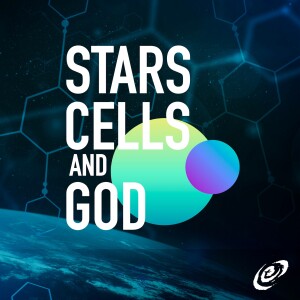
Wednesday Jun 08, 2022
Panspermia and Life's Origin and Self-Replicating RNAs
Join Hugh Ross and Fazale “Fuz” Rana as they discuss new discoveries taking place at the frontiers of science that have theological and philosophical implications, as well as new discoveries that point to the reality of God’s existence.
An interdisciplinary, international team of 33 scientists states that “life was seeded here on Earth by life-bearing comets as soon as conditions on Earth allowed it.” However, their assertion requires that prebiotic chemistry has been operating ubiquitously throughout the universe for near-infinite time and that “the entire galaxy (and perhaps a local group of galaxies) constitutes a single connected biosphere.” Do astronomical observations support the team’s assertion and their hypothesis that life, viruses, genes, or life molecules could survive interstellar space travel?
One of the defining features of life is the ability to self-replicate. How did chemical evolutionary processes generate self-replicating systems? To address this question, origin-of-life investigators seek to create self-replicating RNA molecules through a process called in vitro evolution. A team of Japanese scientists evolved a network of self-replicating RNA molecules from a clonal population of self-replicating RNAs. What does this work mean for evolutionary models for the origin of life—and what does it mean for RTB’s creation model?
In this episode Hugh and Fuz discuss these important topics.
Links and Resources:
- Chapter Two – Cometary Panspermia and Origin of Life?
- Cause of Cambrian Explosion – Terrestrial or Cosmic?
- Origins of Life
Life and the Transfer of Life Near the Galactic Center - Evolutionary Transition from a Single RNA Replicator to a Multiple Replicator Network
- Have Origin-of-Life Researchers Found the RNA World “Money Train”?